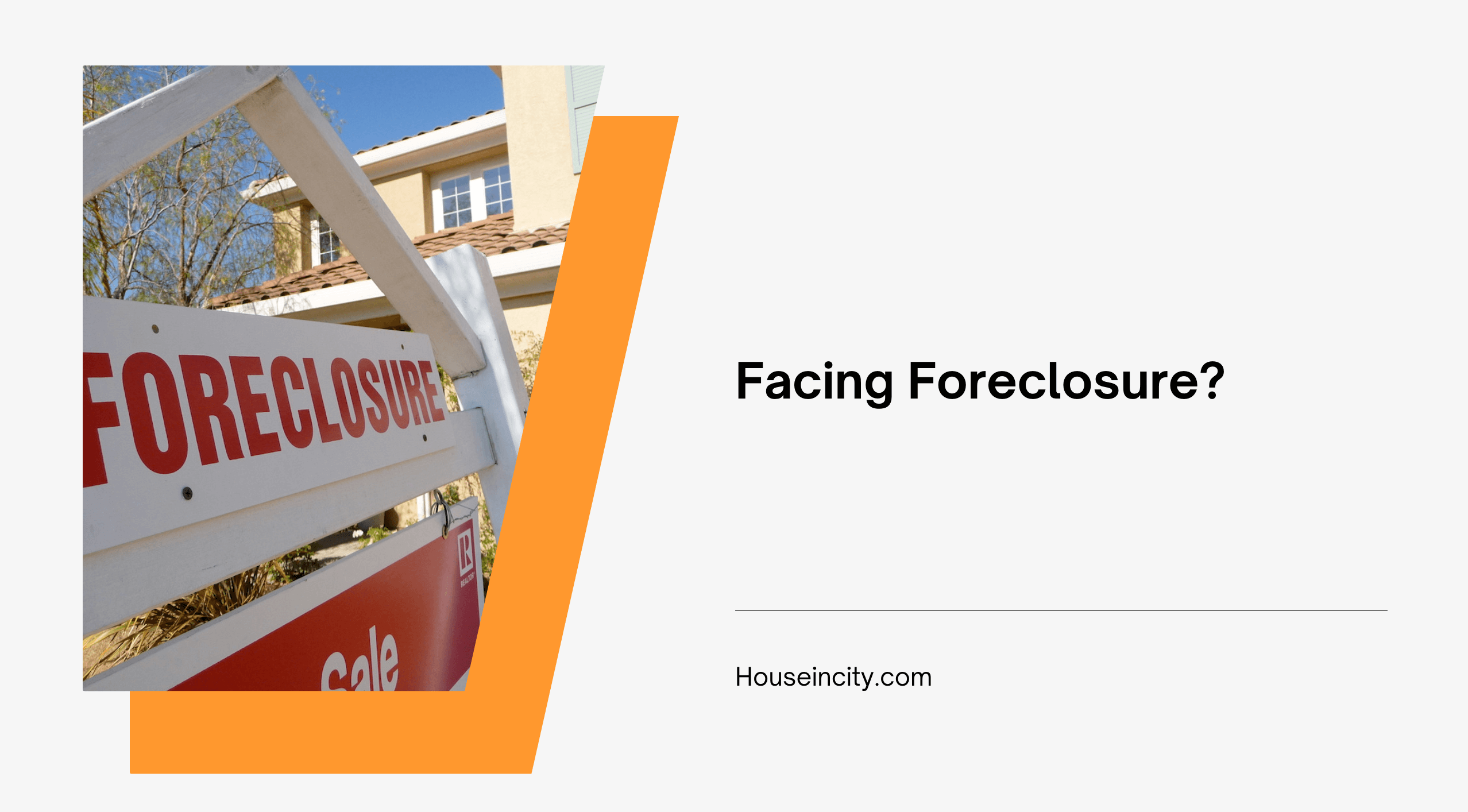Foreclosure, or the legal means to repossess your home, is a frightening prospect for many Americans. With interest rates rising, along with energy and food prices, all too many families have found themselves in serious financial hot water. Here’s what to do.
DO NOT avoid your lender. Your mortgage lender does not want to repossess your property – they just want you to come back up to date on your payments. If you talk to your lender, and tell them what your financial situation is, what help you need to get caught up, and your plan if you have one, you will find that the lender will do their best to help you through your difficult situation. If they do repossess your property, they may not be able to get full value out of the sale. Talk to them and see what can be worked out. You may be surprised.
Some things lenders may do to help you include extending the fixed term of your ARM, allowing you to sign a formal repayment plan (especially if you’re behind due to extended illness or other unusual, extenuating circumstances), or grant a forbearance agreement. However, you can’t know what your lender is willing to do until you take the time to talk to them.
If you really can’t afford to live in your home, and you have equity, consider a pre-foreclosure sale. In this case, any equity left in the home after the mortgage is taken care of goes to you, although you may get a 1099 for the capital gains in this process. If you do, talk to your tax advisor. You may then use the equity for a down payment on a smaller home that you can afford.
Some lenders may even allow you to sign the deed over to them in lieu of foreclosure. This is an option if you do not have equity in your home. Not a pretty idea, to be sure, but it beats having the credit scars from foreclosure on your credit history.
Beware of any deals on your home that seem “too good to be true.” Make sure you get any agreements in writing. We all like to believe that everyone is honest, but unfortunately it is best to be overcautious about getting agreements in writing and not need them than the other way around.
Foreclosure is one of the worst things that can happen to a family or your credit report. It is devastating mentally, emotionally, and fiscally. It is worth doing whatever possible to avoid it. However, if you have already been foreclosed upon, remember that time can heal all credit wounds.
